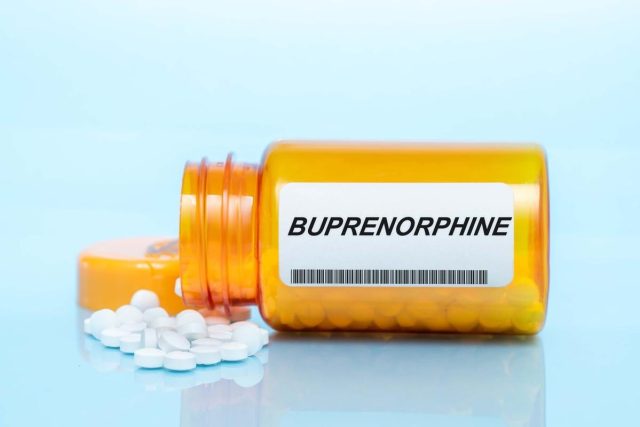Findings seen for doses >16 mg and emergency department or inpatient utilization
By Lori Solomon HealthDay Reporter
WEDNESDAY, Oct. 2, 2024 (HealthDay News) — Higher doses of buprenorphine for patients with opioid use disorder (OUD) are associated with lower acute care utilization, according to a study published online Sept. 25 in JAMA Network Open.
Sarah Axeen, Ph.D., from the University of Southern California in Los Angeles, and colleagues examined the association between higher buprenorphine doses (above 16 mg and 24 mg) and subsequent emergency department or inpatient service use among patients diagnosed with OUD. The analysis included 35,451 individuals with commercial insurance and an OUD diagnosis (2016 to 2021) who began buprenorphine treatment.
The researchers found that the most common dose was >8 to 16 mg daily (42.9 percent), with 27.3 percent in the 1- to 8-mg tier, 29 percent in the 16- to 24-mg tier, and 1.8 percent receiving >24 mg. Overall, 12.5 percent of patients receiving buprenorphine experienced an emergency department or inpatient visit. Patients receiving doses >24 mg and 16 to 24 mg had longer times to emergency department or inpatient use than patients receiving 8 to 16 mg (time ratio [TR], 1.37 and 1.11, respectively). Findings for doses >16 mg daily persisted for observation windows as short as 365 days (>24 mg: TR, 1.48; >16 to 24 mg: TR, 1.19).
“These results suggest that higher doses of buprenorphine are associated with lower acute care utilization and could provide benefits to patients, particularly those using fentanyl who might need these higher doses,” the authors write.
Copyright © 2024 HealthDay. All rights reserved.



















